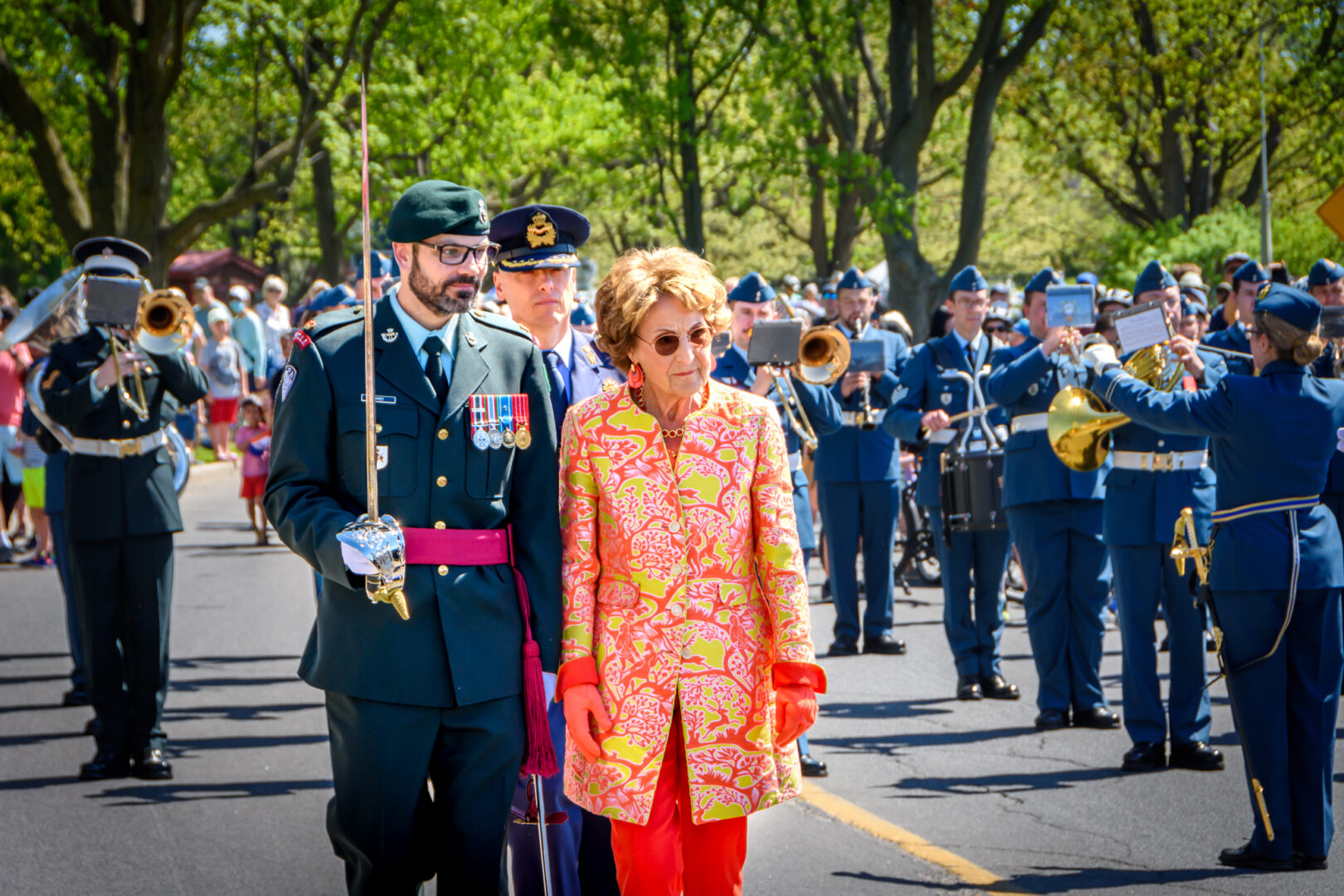These are the words of my grandfather Samuel Frederick Platts.
"I was taken prisoner on August 17, 1917 at Hill 70 at 4:00p.m. Bad shrapnel and gunshot wounds in both legs, chest and back. I was thrown bodily into a water-filled trench and dragged to a dressing station from which I was moved to an old farmhouse and remained there without further attention one day and night. On August 19th was taken to an old school house remaining there four days with no further medical attention."
"My food during these four days consisted of three bowls of very poor soup. Moved from here to a railway siding where I was placed in a boxcar with 16 other wounded Canadians, one of whom was Capt. Brodie of the 84th Battalion. Travelled all night to Mons where we were switched to a siding and abandoned till 3pm.,when we were moved by ambulance to a hospital. Two of us were placed in a trailer of the ambulance where the bad roads and fast driving caused my fellow prisoner's death, due to hemorrhages. My own wounds were sorely aggravated and in a state of semi-consciousness arrived at the hospital. Not until the 25th of August, a whole day later, was I accorded medical treatment and was immediately operated on without anaesthetic. The shrapnel was probed out and the broken bone in my right leg was set. After this I lay 14 days before the wounds were ever dressed. During this time they were irritating, discharging and almost maddening me with pain. Added to my misery was an application of de-lousing solution which burned me severely, removing the skin in places. I carry scars of these burns today. I asked repeatedly for a sedative or medical treatment of some kind and was rewarded with a smash on the head with a granite cup on one occasion."
"Another 14 days elapsed before my second dressing and 14 days after this it was discovered that my leg was set crooked and so it was broken and reset. During this operation which I also had without anaesthetic, a silver spike was driven through my knee-joint. Two or three days later after this they discovered that gangrene had set in my heel, and they cut most of my heel off, without an aesthetic, but my cries of pain made them desist and they finally put me to merciful sleep before completing the operation."
"About a month after this I was removed to a place which as near as I can remember was Trio. I was transported by a boxcar in company with other English wounded prisoners, the journey taking a day and a night during which we suffered from the cold due to insufficient bedding. We had only one meal during this trip. After laying in a siding for two or three hours we were taken to a hospital where I received no further medical attention for two days. The only attention received for my repeated calls for aid was to be completely ignored. After remaining at Trio for two weeks I was moved again, this time Schneidermille Camp. I was taken from my bed and placed in a small railway compartment with 13 other wounded prisoners where I traveled 2 days and nights with insufficient food. We were carried the two miles from the railway to the Camp in the arms of another detachment of prisoners of war. There we were jammed into small huts, about twenty men per hut, and laid on rough wooden bunks partly covered with straw."
Age 22 years
Born December 13, 1895 - Died December 2, 197



